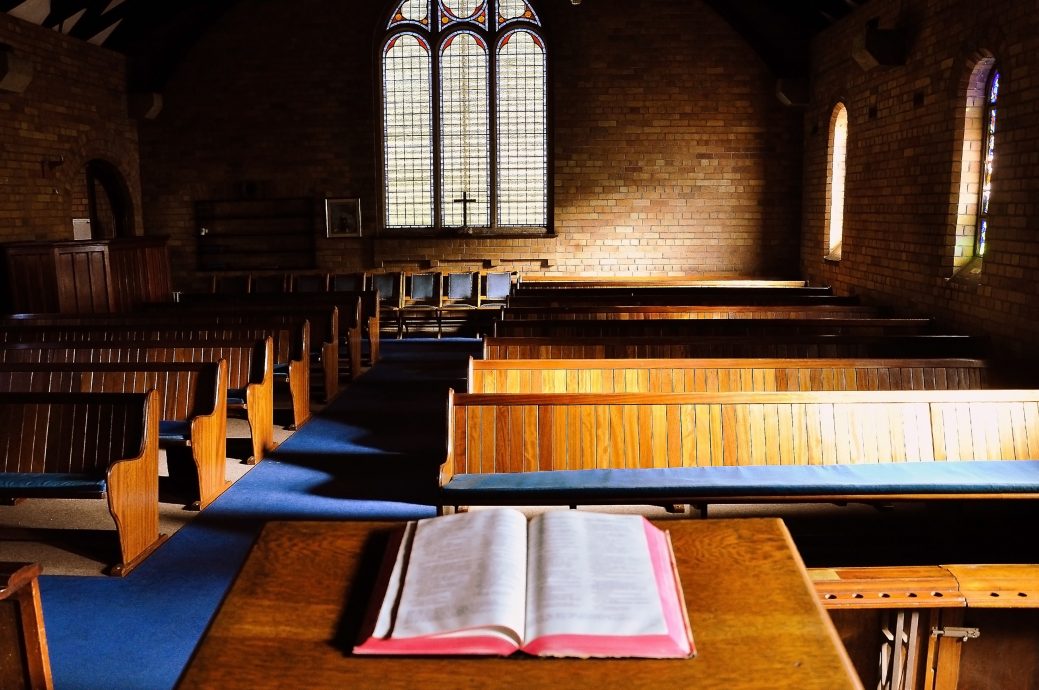Nowhere was the Marxist-Leninist dogma on religion pursued more ruthlessly than in Albania.
A Secular Argument for Religion in the Public Square
Politics and religion should not be kept separate not because of what politics can do for religion but because of what religion can do for politics. The need for religious based political arguments comes from the structural defects of modern politics—defects that can be ameliorated by drawing on religious sentiments. A basic problem with otherwise well functioning democratic politics is that special interests, such as trade unions and trade associations, are motivated to get benefits for themselves from the state while the great mass of citizens, like taxpayers and consumers, are not so motivated. As a result, we see too little lobbying to prevent the exactions of special interests or at times too little pressure for the state to produce public goods, like the defense of basic human rights, that will redound to the benefit of all.
The reason that special interests are full of passionate intensity and the rest of us lack tenacity in politics is simple: ignorance is sensible, indeed wholly rational, when it comes to politics. The chance of one’s making a difference in a local election by voting, let alone in a national election, approximate one’s chances of getting hit by lightning on the way to the polls. Of course, some people follow politics closely, such as others follow sports or movie stars. But political junkies are relatively few. It has been well observed politics has aspects of show business for ugly people, and most people unsurprisingly prefer entertainment by the beautiful.
The problem of political ignorance has only been exacerbated by technology. Abraham Lincoln and Stephen Douglas drew vast and very attentive crowds from far and wide for their famous debates, but there was no cable TV in 1858. The proliferation of avocational possibilities today mean that the motivation for public engagement is even weaker than before.
Religious sentiments can counter this tendency, precisely because religious attachments are not wholly rational and calculating. Indeed, many modern scientists think that religion was an evolutionary adaption that has helped humans survive in large groups when ties of kin can no longer sustain the self-sacrifice necessary to produce the most primordial public good of any society—the self-defense against hostile raiders from without. These sentiments also help people adhere to social norms when fellow group members are not looking: the golden rule at the heart of many religions thus prevents people from seizing golden opportunities that will help them at the expense of everyone else. Thus, ironically, secularists who seek to banish religion from politics fail to understand the essential lessons of Darwinism for society—that our human nature, including our religious impulses, is adapted for our survival.
The history of democratic politics provides evidence of the power of religion to sustain public regarding causes that individuals acting from rational calculation cannot alone support from the movement for abolition of slavery to that for voting rights for women to the civil rights movements of the 1960s. These movements were not accidentally suffused by religious sentiment. Faith in God ties people of varying incomes, ethnic groups, and interests together and propelled them toward common justice.
In my next post, I will discuss how constitutional norms can limit any downsides of religious participation in politics.


